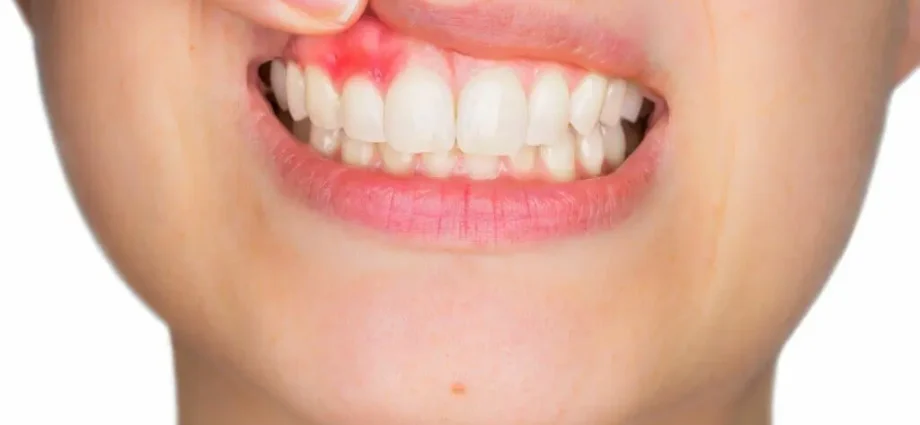Contents
Bleeding gums: what is gingivorrhagia?
It has certainly happened to you before, although the term does not mean anything to you: a slight bleeding from the gums is very common and is called gingivorrhagia. Whatever the origin of the bleeding, if it persists beyond a few days, the causes should be determined and a dentist should be consulted for treatment.
This bleeding, if not in large quantities, does not pose a risk of serious complications.
What is gingivorrhagia
Gingivorrhagia is none other than bleeding from the gums, most often appearing in cases of inflammation of the gums, caused by multiple factors, as will be seen in this article. This bleeding, most often benign, occurs during contact with a particular food or when brushing teeth. Usually, gingivorrhagia is painful and is accompanied by a lot of saliva production and sometimes bad breath.
Causes of gingivorrhagia
If bleeding is rare, it may just be from brushing your teeth or from irritation from food. There is of course the hereditary factor to take into account. However, several medical causes can be at the origin.
Tartaric gingivitis
It is an inflammation of the gum secondary to tartar deposits on the teeth. It is linked to poor brushing of teeth. Tobacco plays an aggravating role and smoking cessation is recommended. In practice, bleeding occurs when brushing teeth near a plaque of tartar stuck to the gum. Gingival enlargement linked to inflammation is possible. It is often painful.
Left untreated, tartaric gingivitis progresses to destruction of the bone around the root of the teeth and periodontitis, where the teeth can eventually come loose.
Treatment consists of regular dental scaling and brushing twice a day using a soft-bristled toothbrush. The use of mouthwash is possible but optional.
Gingival hypertrophy
It is characterized by an increase in the size of the gums which are most often red and bleeding. It can be painless or painful depending on the case.
There are multiple causes for this condition, listed below.
Medication
Certain medications can change blood pressure, weaken our immune defense, or make our mouths dry. This induces gingival hypertrophy. Drugs including antiepileptic, antihypertensive, immunosuppressant are involved.
To prevent this phenomenon, regular tooth brushing eliminates dead cells and thus preserves a pH of the mouth conducive to healthy gums.
Tobacco
It is not a medical cause but an external one, not negligible. Smokers are seven times more likely to have their gums bleed, especially because of pathogenic bacteria sticking to their teeth, present in harmful substances in tobacco.
If they are not eliminated, these bacteria will turn into tartar, which cannot be eliminated without the help of a dentist. This accumulated tartar will then lead to bleeding, like tartaric gingivitis. In addition, harmful tobacco products will act on the bacterial flora in the mouth, causing cell degradation and oxygenation problems.
Hormones
When hormones are produced in large quantities in the body, especially during pregnancy and a woman’s menstrual cycle, transient bleeding from the gums can occur. Hormones indeed promote the natural production of tartar, inducing infections. Professional advice and possibly treatment are then welcome, although everything will be fine after the baby has arrived and the cycle has passed.
A poor diet
Even if you do not smoke, are not pregnant, and are taking proper care of your teeth, your gums may bleed due to an unbalanced diet. Indeed, a deficiency in vitamins (vitamin C) can promote this bleeding. Vitamin C plays a role in healing bones, cartilage and teeth, which is why eating fruits and vegetables every day helps protect against gum disease.
How to prevent bleeding gums?
One of the most obvious ways to prevent these inconveniences is to take care of your gums, by adopting good oral hygiene. To do this, brushing teeth morning and evening, possibly supplemented by herbal mouthwashes would be sufficient to prevent the build-up of tartar and the build-up of bacteria, and thus infections, hypertrophy and bleeding.
For brushing without trauma to the gums, it is preferable to adopt a soft toothbrush with straight bristles, to be renewed every three months (in order to avoid the proliferation of bacteria).
Finally, an annual appointment with the dentist will allow you to avoid accumulating gum problems (and cavities).










